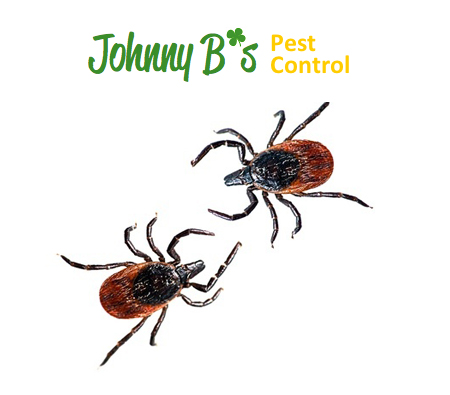The reported rate of new tick-borne disease cases in both humans and animals is at its highest in states located in the northeast. When it comes to the highest rate of new lyme disease cases, Massachusetts ranks third in the nation behind Maine and Vermont. As of January 2018, the amount of Massachusetts residents with lyme disease was 49 percent higher than it was in 1999. Two other tick-borne diseases, babseiosis and anaplasmosis, are also commonly acquired within the state.
Massachusetts is home to two native tick species commonly known as dog ticks and deer ticks, but for the past several years, another non-native and more aggressive tick species, the lone star tick, has been spotted with increasing frequency in and around the Boston area. This tick species is regarded as particularly threatening for several reasons, one of which is the species’ superior speed. This should not be hard to believe considering that these ticks have been traveling from their native state of Texas all the way up to Massachusetts for several years. Now, pets in and around the Boston area are being swarmed by massive numbers of these exotic ticks, and unfortunately, these swarms often result in lone star ticks gaining access into homes.
The lone star tick often attacks both humans and animals in large swarms, and they move three times faster than lyme-carrying deer ticks. Lone star ticks are particularly threatening to pets, but they also spread Rocky Mountain spotted fever and alpha-gal syndrome to humans. Luckily, these ticks do not spread lyme disease. During the summer of 2016, it became clear that the lone star tick had arrived in Massachusetts, as local veterinarians in and around Boston noted a 220 percent increase in the number of pets being treated for tick-borne disease.
Dogs and cats come into contact with these ticks easily, as lone star ticks dwell within areas that contain long grass and bushes. Public health officials are recommending that Massachusetts pet owners keep their yards free of an abundance of leaves and plant debris that lone star ticks could use for shelter. In addition to pets, humans have also fallen victim to swarming attacks by lone star ticks in Massachusetts, especially while jogging near wooded and/or grassy areas. One jogger in Worcester was swarmed by lone star ticks shortly after leaving his home, and this is not a rare occurrence in the state. Experts also believe that the lone star tick’s presence in Massachusetts explains the state’s recent influx of alpha-gal cases, which is a red meat allergy that lone star ticks spread to humans.
Have you found a lone star tick on your body?

